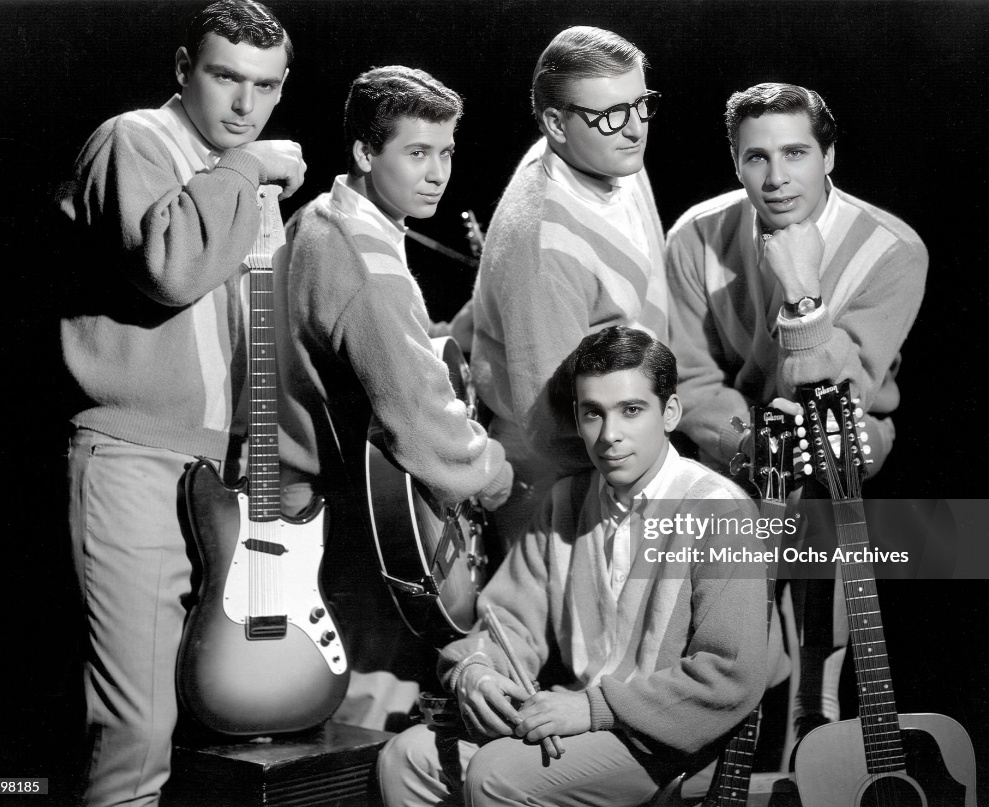
“The Lion Sleeps Tonight,” a song instantly recognizable for its infectious “wimoweh” chorus and sunny disposition, remains a timeless classic, forever associated with the vocal group The Tokens. Formed in Brooklyn, New York, in 1955, The Tokens were known for their smooth harmonies and diverse repertoire, ranging from doo-wop to folk. They reached the pinnacle of their success with “The Lion Sleeps Tonight” in 1961, a song that catapulted them into the international spotlight.
While The Tokens themselves are often considered a one-hit wonder, “The Lion Sleeps Tonight” achieved significant commercial success. It reached number one on the Billboard Hot 100 chart, cementing its place in pop culture history. The song’s enduring appeal is evident in its numerous appearances in films, television shows, and commercials, ensuring its continued relevance across generations.
Interestingly, the song’s origins are far removed from its lighthearted rendition by The Tokens. It began as a Zulu folk song called “Mbube,” written and performed by Solomon Linda and the Evening Birds in the late 1930s. “Mbube,” meaning “lion” in Zulu, featured the iconic call-and-response vocals that would later become synonymous with the Tokens’ version. While the original carried a more somber tone, The Tokens’ adaptation infused it with a playful and upbeat energy.
The meaning behind “The Lion Sleeps Tonight,” even in its original form, is open to interpretation. Some believe it speaks to a temporary respite from danger, a moment of peace when the king of the jungle is at rest. Others see it as a celebration of the night and the sounds of the African landscape. Regardless of the interpretation, the song’s universal appeal lies in its captivating melody and joyful spirit.
The song has garnered mixed feedback over the years. While its catchy tune and feel-good vibe have earned it widespread adoration, particularly amongst children and families, its complicated history regarding crediting and royalties for Solomon Linda and his estate has been a point of contention and has generated critical discussion about cultural appropriation in the music industry. Despite the controversy, “The Lion Sleeps Tonight” remains a beloved classic, albeit one with a complex past.